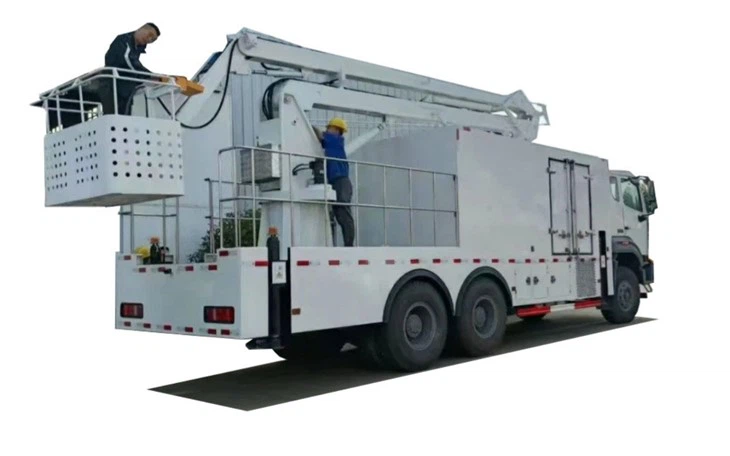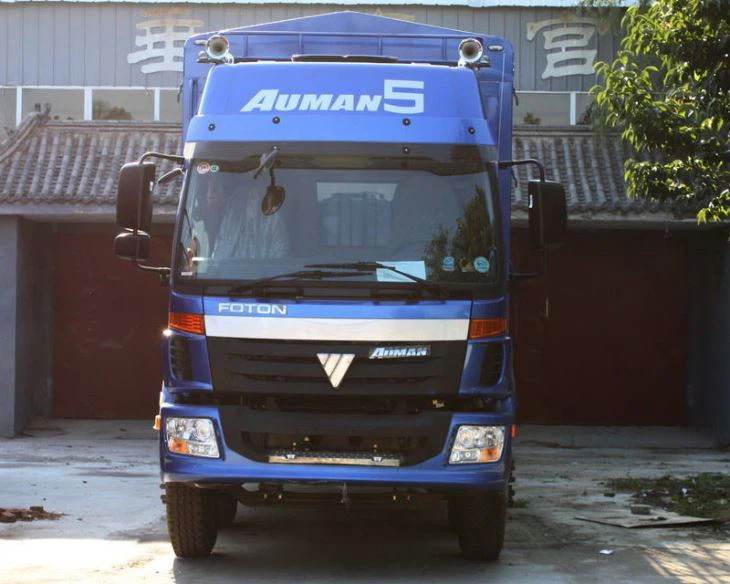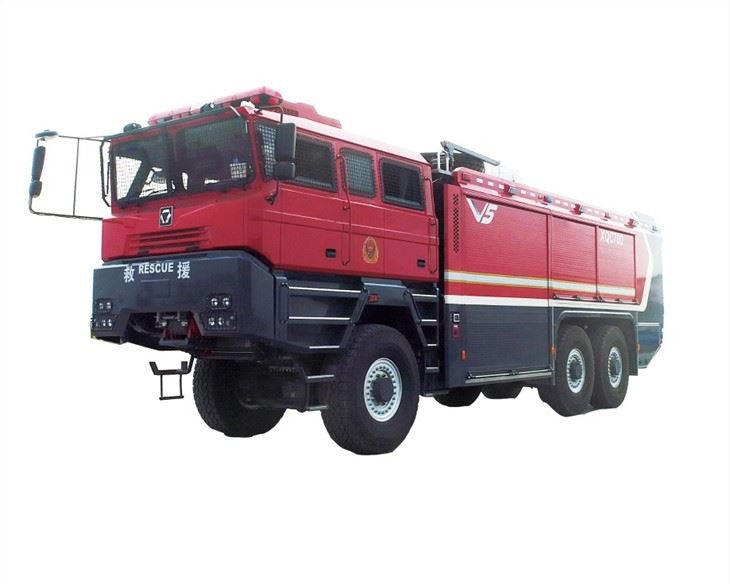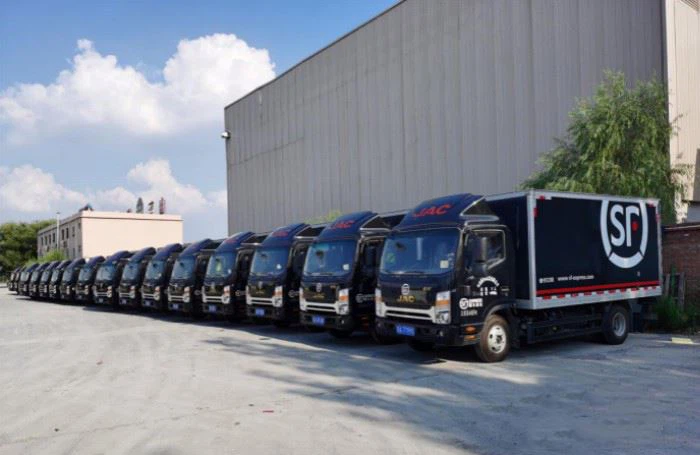Introduction
Dumpster trucks play a crucial role in waste management, helping communities and businesses maintain cleanliness by efficiently collecting and transporting waste. One key aspect to consider when choosing a dumpster truck is its dimensions. Understanding dumpster truck dimensions ensures you select the right vehicle for your waste disposal needs, whether you’re a construction manager, a business owner, or simply someone looking to rent a dumpster for a home project. This article delves deep into the various aspects of dumpster truck dimensions, exploring factors such as types of trucks, their measurements, capacity, and practical usage tips. By the end, you will be equipped with a comprehensive understanding of dumpster truck dimensions.
Types of Dumpster Trucks
Standard Dumpster Trucks
Standard dumpster trucks are commonly used in residential and commercial waste collection. They come in various sizes to accommodate different dumpster types and waste volumes.
Roll-Off Trucks
Roll-off trucks are designed to transport roll-off dumpsters, typically used on construction sites or for large cleanout projects. They have specialized mechanisms to load and unload dumpsters efficiently.
Front Load Trucks
Front load trucks feature a front-loading mechanism, making them ideal for commercial waste management. These trucks can quickly pick up dumpsters from multiple locations in a single service route, maximizing efficiency.
Measuring Dumpster Truck Dimensions
Length
The length of a dumpster truck varies depending on the type and capacity. Standard lengths range from 20 to 30 feet.
Width
The width is typically around 8 feet, enabling enough space for standard dumpsters. However, some trucks designed for tight urban areas may be narrower.
Height
Most dumpster trucks have a height between 10 to 12 feet. This height is necessary to accommodate the loading mechanism and ensure easy access to the dumpster.
Common Dumpster Truck Dimensions
| Truck Type | Length (ft) | Width (ft) | Height (ft) | Weight Capacity (lbs) |
|---|---|---|---|---|
| Standard Dumpster Truck | 20-30 | 8 | 10-12 | 10,000-20,000 |
| Roll-Off Truck | 25-30 | 8 | 11-13 | 15,000-30,000 |
| Front Load Truck | 20-25 | 8 | 10-12 | 10,000-15,000 |
Calculating Load Capacity
Volume Capacity
The volume capacity of dumpster trucks is typically measured in cubic yards. A standard dumpster truck can carry from 10 to 40 cubic yards of waste, depending on its size and type.
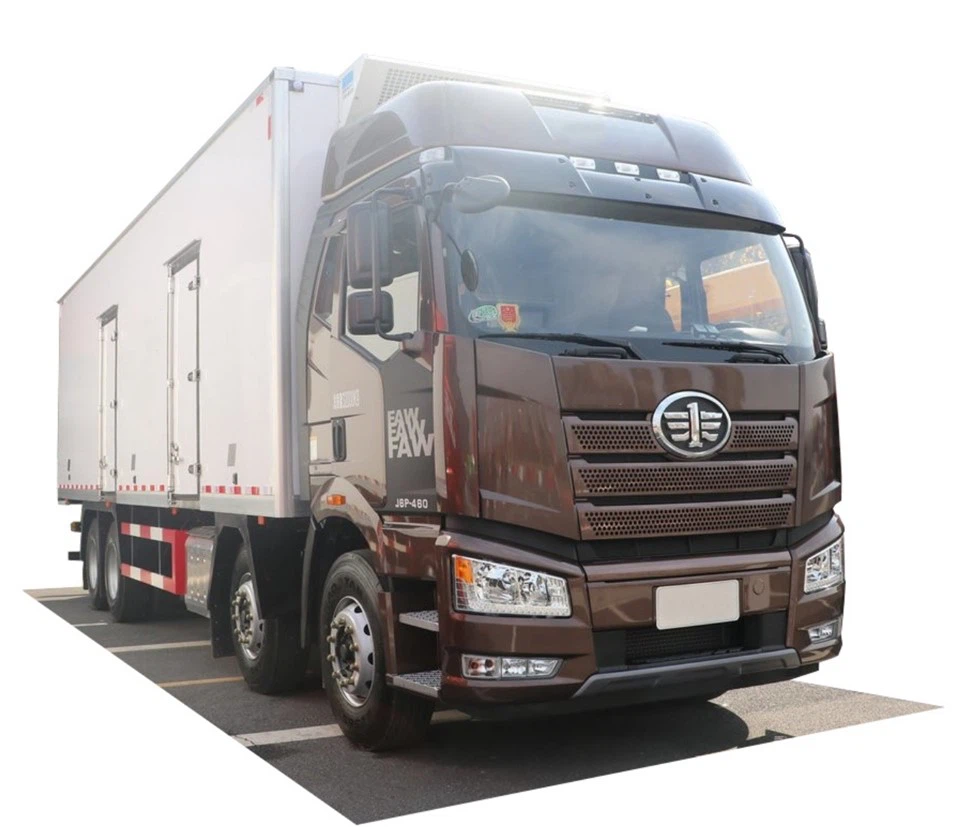
Weight Limitations
Dumpster trucks must also adhere to weight limitations, commonly ranging from 10,000 to 40,000 pounds, depending on the truck type and local regulations.
Understanding Weight Distribution
Proper weight distribution is critical for safe operation. Overloading a dumpster truck can lead to mechanical issues, accidents, or violations of weight limits on roads.
Factors Influencing Truck Dimensions
Business Needs
Your business requirements play a vital role in determining the type and size of dumpster truck you need. For example, construction sites with significant waste tend to require larger trucks than residential areas.
Zoning Regulations
Local zoning laws may dictate the size and type of dumpster truck that can operate in specific areas, particularly in urban settings where space is limited.
Environmental Considerations
Waste disposal vehicles should also adhere to environmental regulations, which might affect the types of dumpster trucks available, particularly if they require specific emissions standards.
Choosing the Right Dumpster Truck
Assess Your Waste Volume
Knowing the volume of waste you generate is crucial. Use the following methods to estimate:
- Conduct waste audits to measure the quantity and type of waste generated over a week or month.
- Consult with waste management experts to better understand your needs.
Evaluate Local Regulations
Check local guidelines for waste disposal to ensure compliance with legal requirements. Different areas may have specific permitting processes for dumpster truck operation.
Consider Specialized Services
If you have unique waste disposal needs, such as hazardous materials, consider working with specialized dumpster truck services that are equipped to handle those requirements.
Advantages of Understanding Dumpster Truck Dimensions
Improved Efficiency
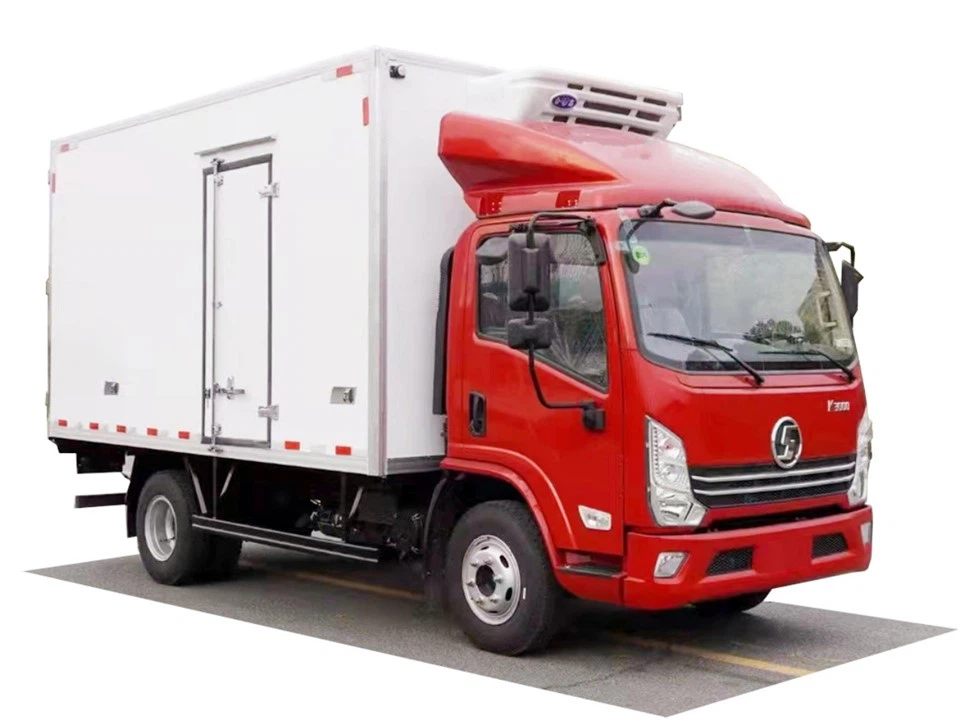
Choosing the right dumpster truck size helps improve waste collection efficiency, saving time and costs in the long run.
Better Planning
Understanding dimensions aids in better logistics planning, particularly for businesses that frequently use dumpster trucks for waste management.
Cost-Effectiveness
By selecting the appropriately sized dumpster truck, you can avoid overpaying for unnecessary size and capacity.
Practical Tips for Using Dumpster Trucks
Effective Communication with Service Providers
Always communicate your specific needs and requirements to your waste management service provider to ensure they provide the right truck for your project.
Keeping Dimensions in Mind During Projects
If you’re using a dumpster truck on a job site, be sure to plan for space requirements to ensure safe access and operation without hindrance.
Regular Maintenance Checks
Schedule regular maintenance checks to ensure your dumpster truck performs optimally and adheres to safety regulations.
FAQ Section
What is the average size of a dumpster truck?

The average size of a dumpster truck is typically 20-30 feet in length, 8 feet in width, and around 10-12 feet in height.
How much weight can a dumpster truck carry?
A dumpster truck can usually carry between 10,000 to 40,000 pounds, depending on the type and design of the vehicle.
What types of materials can I dispose of using a dumpster truck?
You can dispose of various materials, including household waste, construction debris, yard waste, and certain recyclables. However, hazardous materials may require special handling.
How do I determine the right truck for my project?
Assess your waste volume and type, evaluate local regulations, and consult with waste management professionals to determine the appropriate truck type and size for your needs.
Are there size limitations for dumpster trucks in urban areas?
Yes, urban areas may have specific zoning laws and size limitations for dumpster trucks to ensure safe operation and minimal disruption to traffic.
Is it necessary to get a permit for using a dumpster truck?
Depending on your location, a permit may be required to use a dumpster truck, especially in public areas. Check local regulations to ensure compliance.
